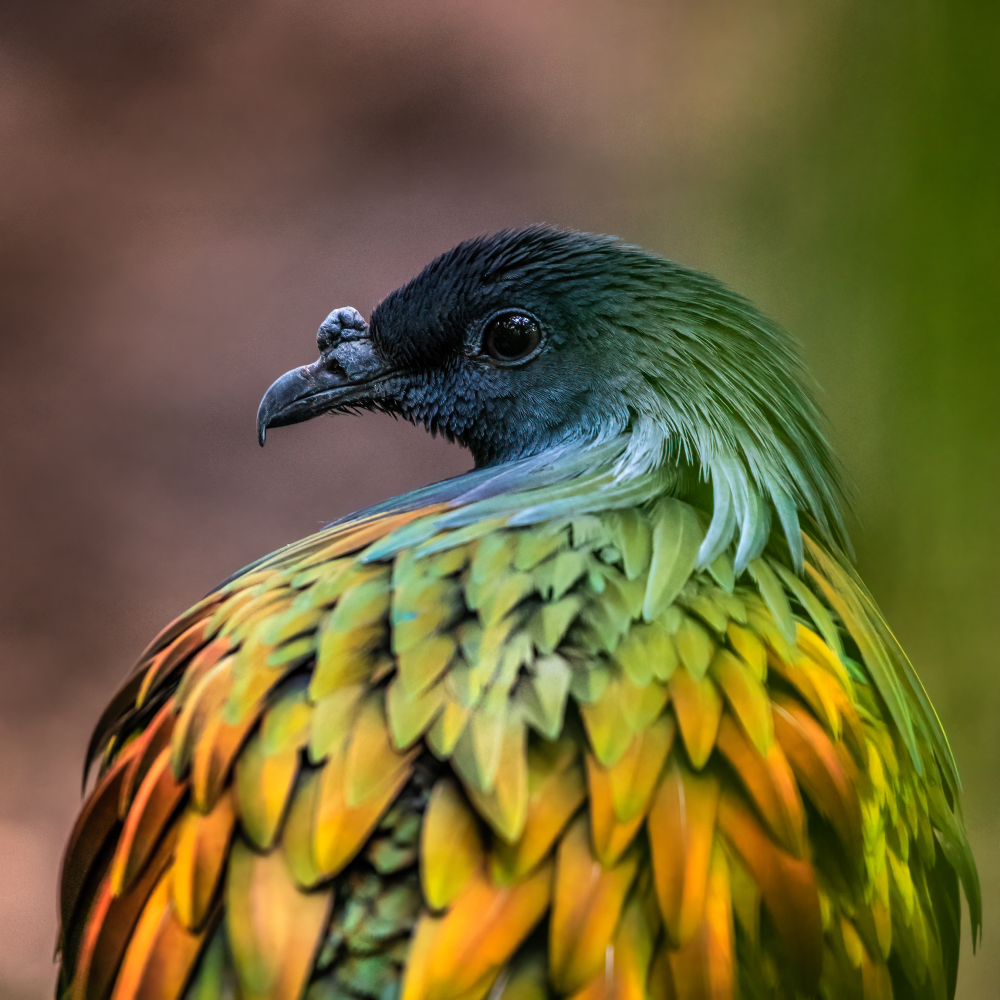The de-extinction of long lost species is a firm favourite in science fiction, but in recent years companies in the real world have been setting their sights on bringing groups of animals from beyond the grave. Most recently, Colossal Laboratories & Biosciences have caused a buzz over their plans to bring back Earth’s lost bottom-heavy bird: the dodo.
The dodo (Raphus cucullatus) spent a blissful few million years living isolated on the tropical island of Mauritius. Its pigeon ancestor travelled there and set up shop on the forest floor, adapting over time to become a flightless bird that lived it up free from predators among the giant tortoises and giant skinks.
The utopia came crashing down, however, when humans arrived with a few extra invasive species in tow. Not used to having predators to fear, the dodos were an easy catch, and eventually were hunted into extinction.
The idea of de-extinction has been toyed with throughout history, with species such as the woolly mammoth and thylacine both being floated for the treatment. In 2022, a team at the University of California, led by professor of ecology and evolutionary biology Beth Shapiro, brought the dodo to the de-extinction table after they mapped its genome for the first time.
Previous attempts using a specimen from Oxford, UK, had been unsuccessful, but a “fantastic specimen” from Denmark gifted them some sufficiently well-preserved DNA. Unfortunately, even armed with a full genome it would be very difficult to bring back the dodo due to the obstacles that the intricacies of avian reproduction represent.

The Nicobar pigeon is the dodo’s closest living relative. Image credit: mountaintrek / Shutterstock.com
Scientists at Colossal Laboratories & Biosciences, however, have not been put off the task, and have even gone as far as outlining their roadmap to bringing the dodo back to life. For them, it begins with the dodo’s closest living relative, the Nicobar pigeon, and creating primordial germ cells (PGCs).
These will then be transferred into a surrogate chicken host. Why? “The foundation of avian genomics and editing technologies starts with chickens,” reads the site, “the most populous bird in the world.”
Cracking the code to successful interspecies germline transfer by taking pigeon PGCs and putting them inside a chicken surrogate is something the company hopes could then be applied to the conservation of threatened species across the globe. Initially starting with pigeons, who knows where the technology could go from there.
Whatever your view on de-extinction, it seems that for now the project is full-steam ahead, as it’s received $150 million in funding. It’s their second round of funding and one that Gizmodo reports was joined by multiple venture capital firms, including In-Q-Tel (who are funded by the CIA) and the United States Innovative Technology Fund.
One of the most common arguments against de-extinction is that it’s arguably more realistic to focus on the conservation of species that still have a place on the planet, as the ecological services long-extinct species once provided might no longer have a place in the modern world. That said, if Jurassic Park-ing a dodo can provide new insights to help better protect endangered species, perhaps this sci-fi story could go beyond its entertainment value.
Source Link: “De-Extinction” Of The Dodo Receives $150 Million In Funding